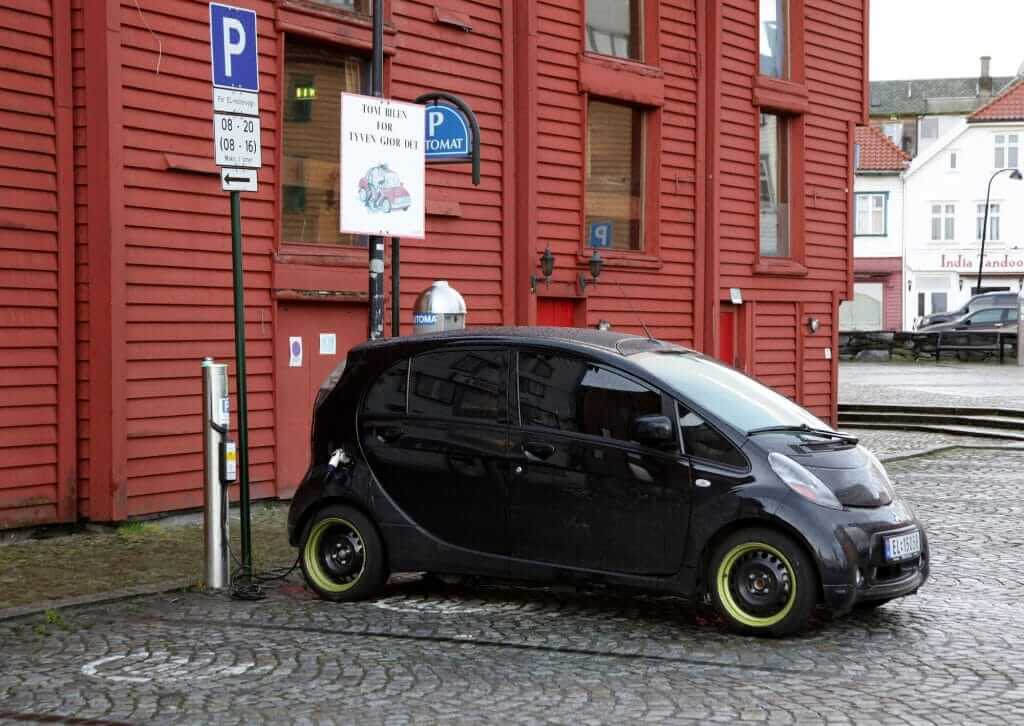New figures have stated that almost a third of all new cars sold in Norway are electric – with the country aiming to stop the sale of petrol and diesel cars by 2025.
Statistics released by the Norwegian Road Federation showed that 31.2 per cent of new car sales in 2018 were electric up from 20.8 per cent in 2017. Equating to 46,092 units overall.
With battery-powered vehicle sales growing from just 5.5 per cent back in 2013, it shows how far the technology and uptake has come in the past five years.
This growing popularity in sales helps Norway stay as the world’s leading electric car market in proportion to population – with the rest of Western Europe, such as the United Kingdom, following in the same vein.

But this increase in electric car sales offsets the Scandinavian country’s overall sales for last year, with the car market falling by 6.8 per cent to 147,929 units. Diesel models saw the largest fall in sales – 28 per cent – while the popularity of petrol cars decreased by 17 per cent.
Non-plug-in hybrids also fell by 20 per cent showing that even more environmentally friendly models weren’t immune from the country’s downturn in car sales.
Despite the increase in popularity of electric vehicles, Norway’s own Institute of Transport Economics doubted that the 2025 goal could be met.
ITE economist Lasse Fridstroem told Reuters: “Strictly speaking I don’t think it’s possible, primarily because too many people don’t have a private parking space and won’t want to buy a plug-in car if they can’t establish a charging point at home.
“We may be able to get to a 75 percent (market share), providing that the tax breaks are maintained.”
Norway currently offers battery-powered vehicles tax exemptions and other benefits, such as free parking and access to charging points, to help with the uptake of electric mobility.


